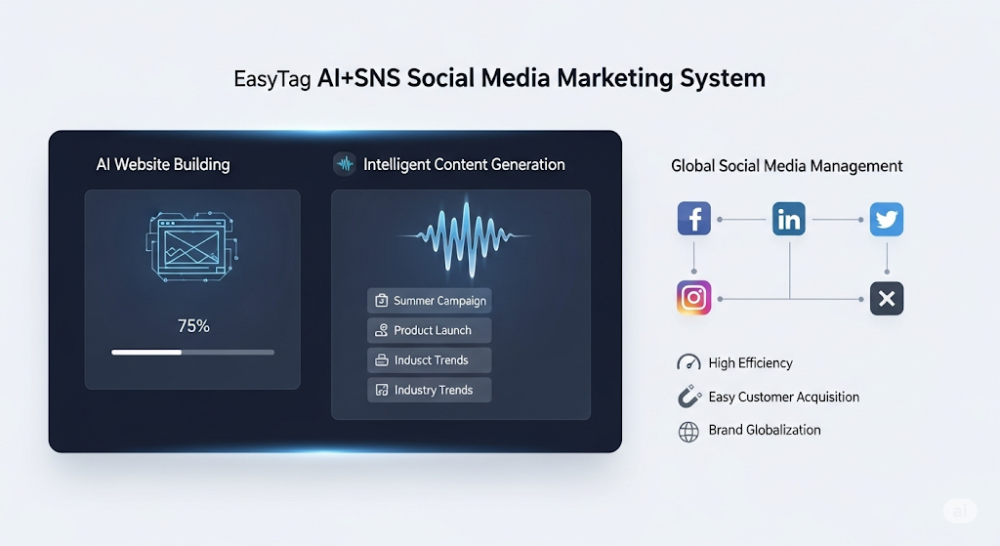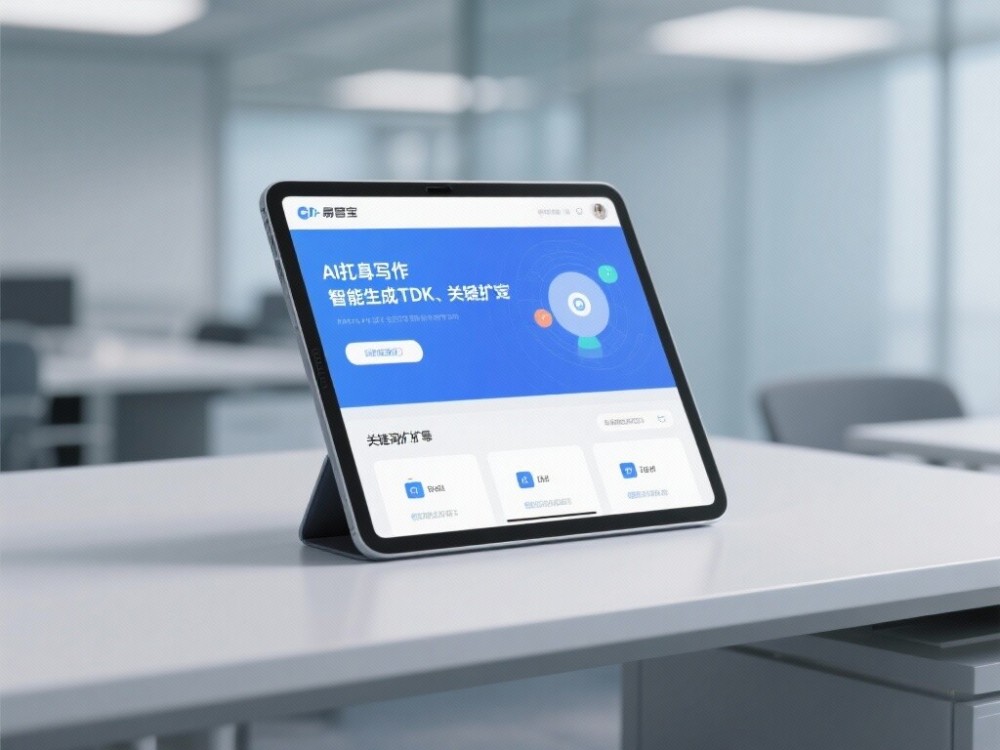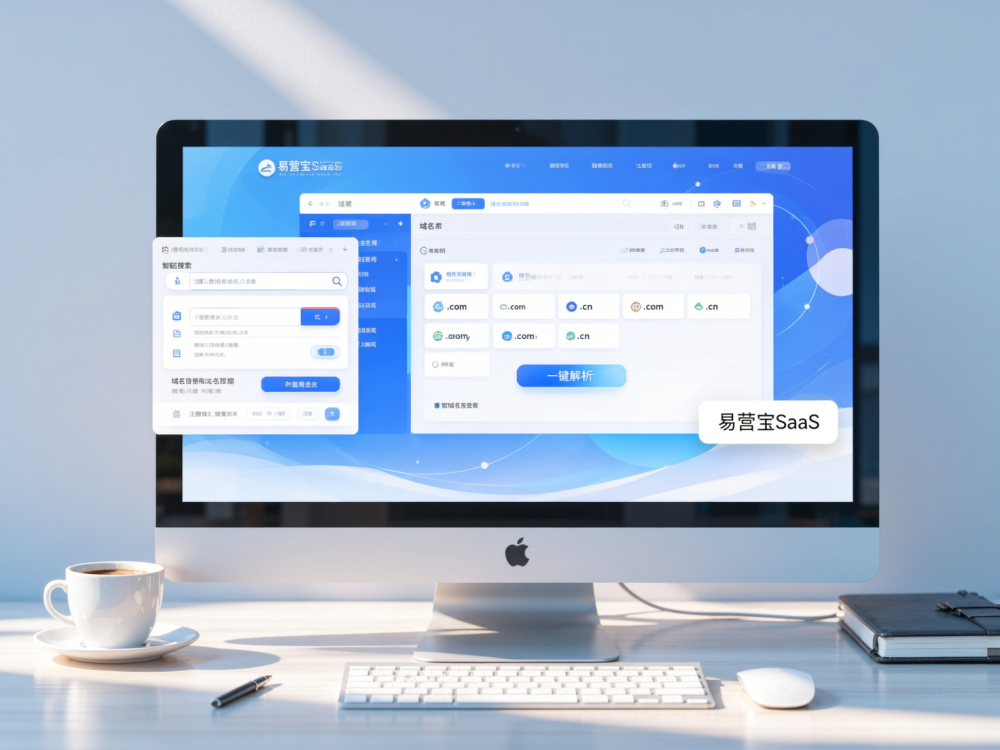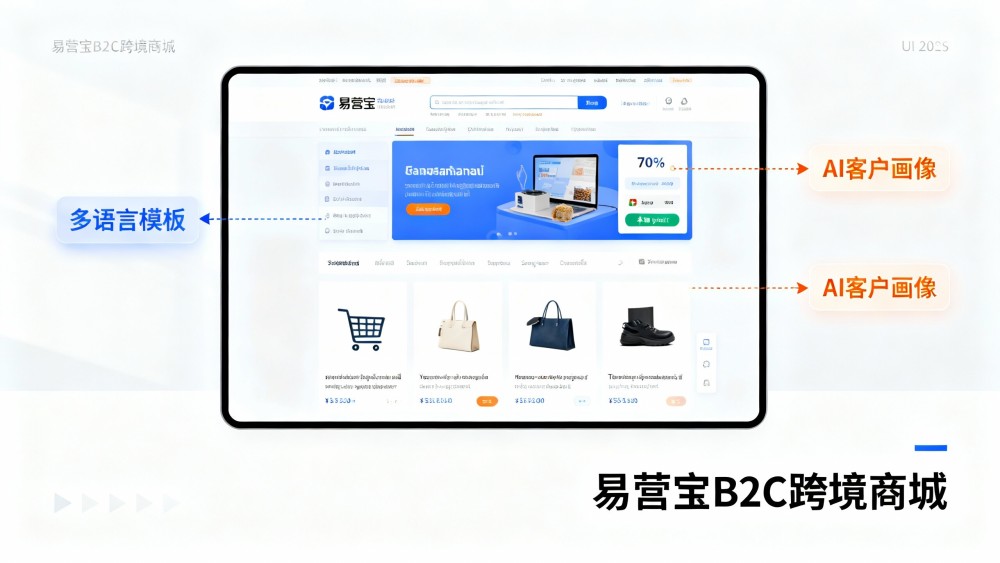- Beijing One-Stop Marketing Platform Provider Comparison Report: 2026 Scores for 8 Leading Service Providers in Compliance Delivery and API Extensibility Dimensions2026-03-04View details
- How Can Global Traffic Ecosystem Providers Restructure Customer Acquisition Channels? Three Key Points for Improving ROI Compared to Traditional DSPs2026-03-04View details
- What is an AI+SEM Smart Advertising Marketing System Provider? Analyzing the Underlying Logic of Intelligent Advertising Placement by 20262026-03-04View details
- How Does CDN Improve Website Access Speed? Top 5 Cost-Effective Providers for 2026: Includes Customized Quotation Templates for SMEs2026-03-04View details
- What Does HTTPS Do for Websites? Supplier Comparison Chart2026-03-04View details
- What is a Shenzhen-based Multilingual Marketing System Service Provider? Analyzing the Essential Localization Infrastructure for Cross-Border Enterprises in 20262026-03-04View details
- Essential for Technical Evaluators: In-Depth Analysis of Core SEO Optimization Algorithms2026-03-02View details
- Shanghai E-commerce Website Development Companies: Red and Black List In-Depth Evaluation of 10 Service Providers on Compliance, Delivery Timeliness, and After-Sales Response2026-03-02View details
2025 Tariff Shockwave: China's Economic Internal Circulation 'Can it withstand the global trade winter?
Next, let's discuss the impact of the 2025 U.S. tariff hikes on China and the global economy. For China, the increased tariffs directly hit the export sector, particularly in high-tech and green energy industries. Data shows that China's semiconductor exports to the U.S. dropped by 15% in 2025, while solar panel exports declined by 10%. Many Chinese companies faced reduced orders and profit margins, with some relocating production lines to Southeast Asia or other regions to circumvent tariffs.
However, China has also implemented a series of countermeasures. For instance, it intensified efforts to develop its domestic market and accelerated the "Belt and Road" initiative to expand new export markets. Meanwhile, China's self-reliance in semiconductors, artificial intelligence, and other fields significantly improved, reducing dependence on U.S. technology.
Globally, the U.S. tariff policies exacerbated trade protectionism, further fragmenting global supply chains. Many countries began reconfiguring trade relations, forming new regionalized supply chains. For example, the EU and Southeast Asian nations became key beneficiaries of the U.S.-China trade tensions, attracting substantial investments diverted from China.
In summary, the 2025 U.S. tariff policies on China not only impacted bilateral economies but also reshaped the global economic landscape. Moving forward, resolving trade disputes through dialogue and cooperation will be a critical challenge for both China and the U.S., as well as the world.
If you have any questions about foreign trade website construction or operations, feel free to consult E-Yingbao's customer service via WeChat: Ieyingbao18661939702. Our team will sincerely assist you!

Image sources are from the internet. For copyright issues, please contact 400-655-2477.
Related Articles
![Steady indexing, high authority, and even getting cited like crazy by AI? They've been secretly using this new tactic. Steady indexing, high authority, and even getting cited like crazy by AI? They've been secretly using this new tactic.]() Steady indexing, high authority, and even getting cited like crazy by AI? They've been secretly using this new tactic.
Steady indexing, high authority, and even getting cited like crazy by AI? They've been secretly using this new tactic.![Three years in the global market, crushed by these three mountains? Translation, social media, and site management—all pitfalls. Three years in the global market, crushed by these three mountains? Translation, social media, and site management—all pitfalls.]() Three years in the global market, crushed by these three mountains? Translation, social media, and site management—all pitfalls.
Three years in the global market, crushed by these three mountains? Translation, social media, and site management—all pitfalls.![Google Advertising Strategies in the Context of the Middle East Situation Google Advertising Strategies in the Context of the Middle East Situation]() Google Advertising Strategies in the Context of the Middle East Situation
Google Advertising Strategies in the Context of the Middle East Situation
Related Products













